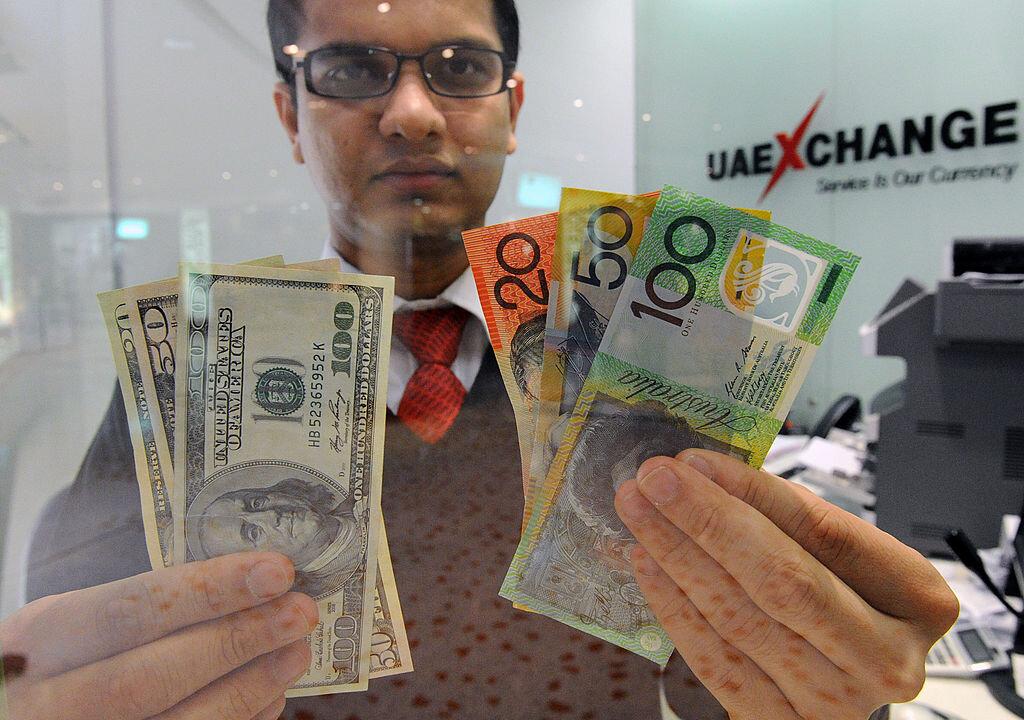While the value of the Australian dollar has fallen significantly against the U.S. dollar this year, the depreciation is expected to contribute “only a very modest uplift” to inflation, according to a senior Reserve Bank official.
Christopher Kent, the assistant governor of the Reserve Bank of Australia (RBA), said while the Australian dollar has fallen 14 percent against the greenback, it was only down two percent in trade-weighted terms.





